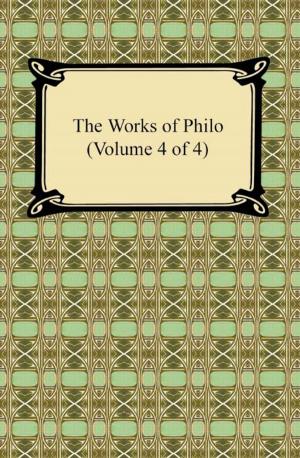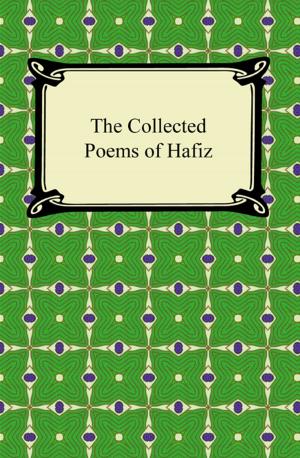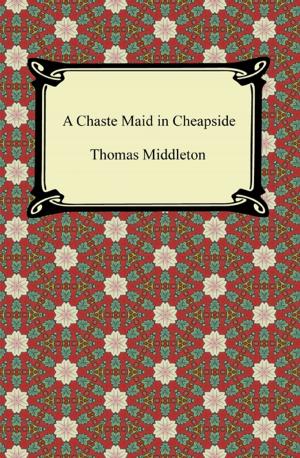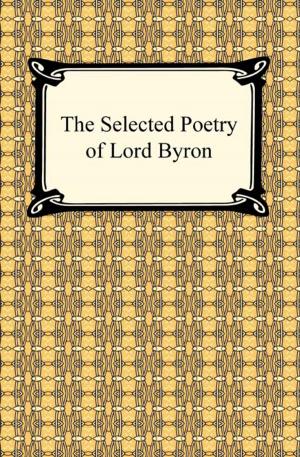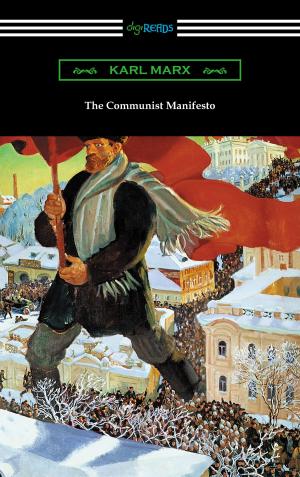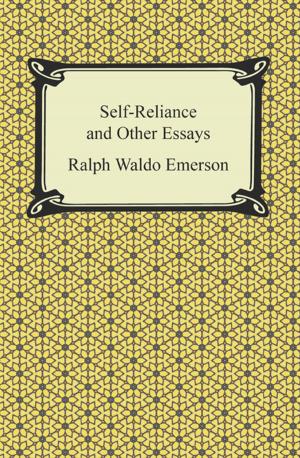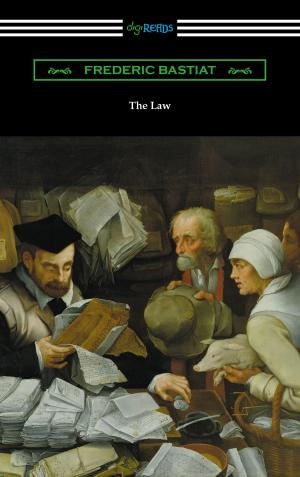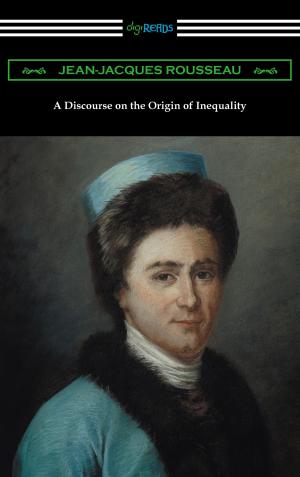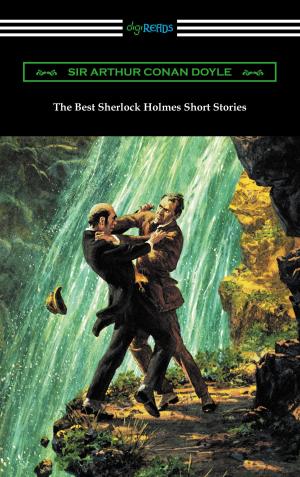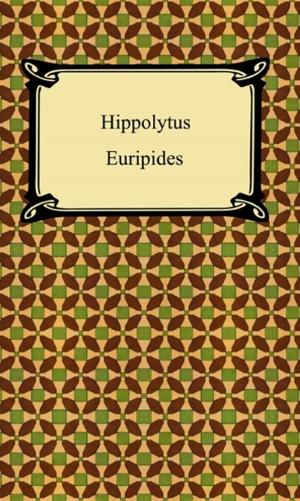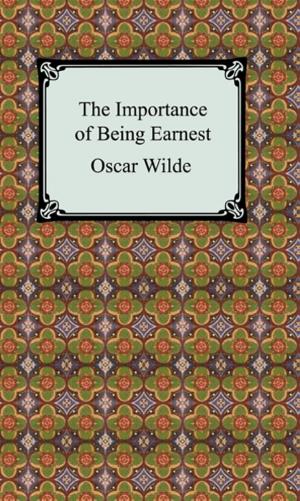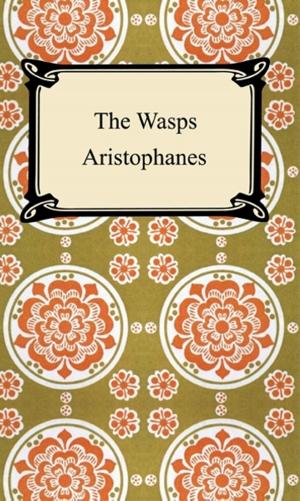| Author: | August Strindberg | ISBN: | 9781420940053 |
| Publisher: | Neeland Media LLC | Publication: | December 15, 2009 |
| Imprint: | Digireads.com Publishing | Language: | English |
| Author: | August Strindberg |
| ISBN: | 9781420940053 |
| Publisher: | Neeland Media LLC |
| Publication: | December 15, 2009 |
| Imprint: | Digireads.com Publishing |
| Language: | English |
August Strindberg (1849-1912) has been referred to as "the father of modern literature" in Sweden, and has earned the distinction of one of the most important playwrights of the 20th century. As an author unafraid of exploring new possibilities in dramatic fiction, Strindberg is noted for his psychological realism, blatant misogyny, symbolism, and his utterly fluid and subjective sequences of events. His works bore intense scrutiny in their time, but have since been recognized for the prodigious influence they exhibited not only in the Naturalist and Expressionist genres, but on modern theatre as a whole. His catalogue includes over sixty plays and more than thirty works of fiction. This collection includes: "Comrades", "Facing Death", "Pariah", or "The Outcast, Easter", "The Father", "Miss Julie", "The Outlaw", "The Stronger", "The Dance of Death", "A Dream Play", and "The Ghost Sonata".
August Strindberg (1849-1912) has been referred to as "the father of modern literature" in Sweden, and has earned the distinction of one of the most important playwrights of the 20th century. As an author unafraid of exploring new possibilities in dramatic fiction, Strindberg is noted for his psychological realism, blatant misogyny, symbolism, and his utterly fluid and subjective sequences of events. His works bore intense scrutiny in their time, but have since been recognized for the prodigious influence they exhibited not only in the Naturalist and Expressionist genres, but on modern theatre as a whole. His catalogue includes over sixty plays and more than thirty works of fiction. This collection includes: "Comrades", "Facing Death", "Pariah", or "The Outcast, Easter", "The Father", "Miss Julie", "The Outlaw", "The Stronger", "The Dance of Death", "A Dream Play", and "The Ghost Sonata".

